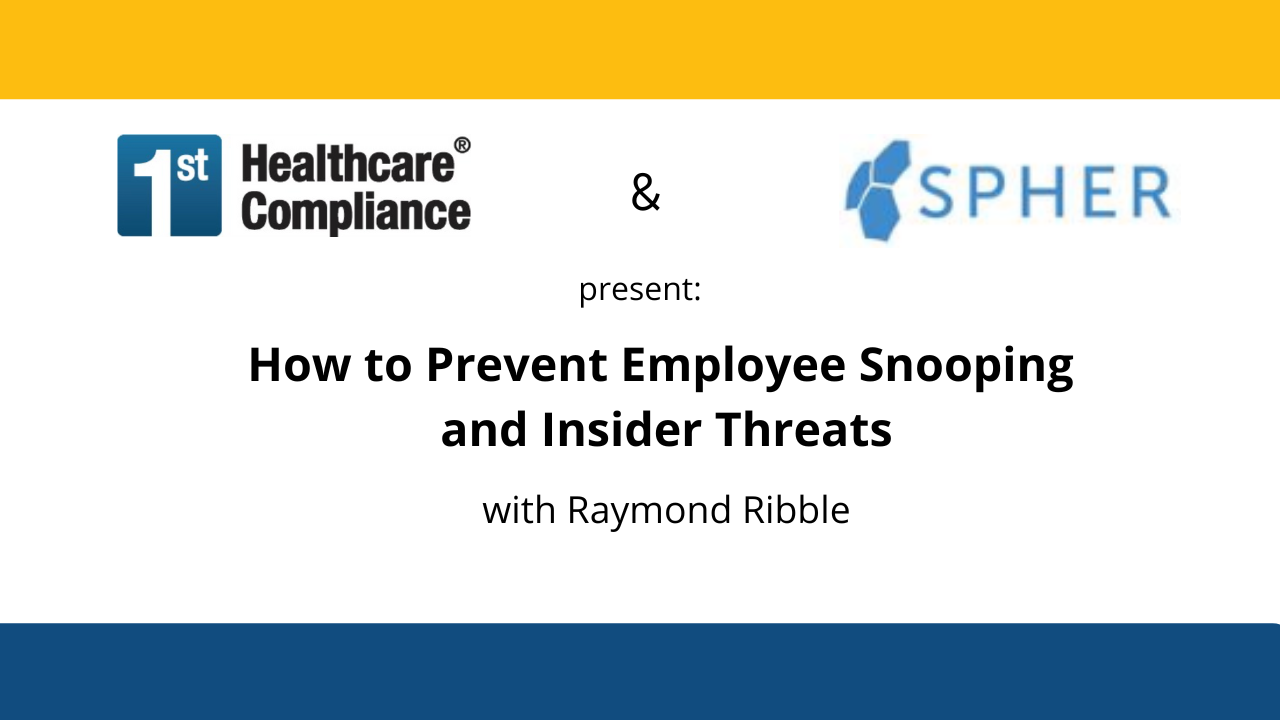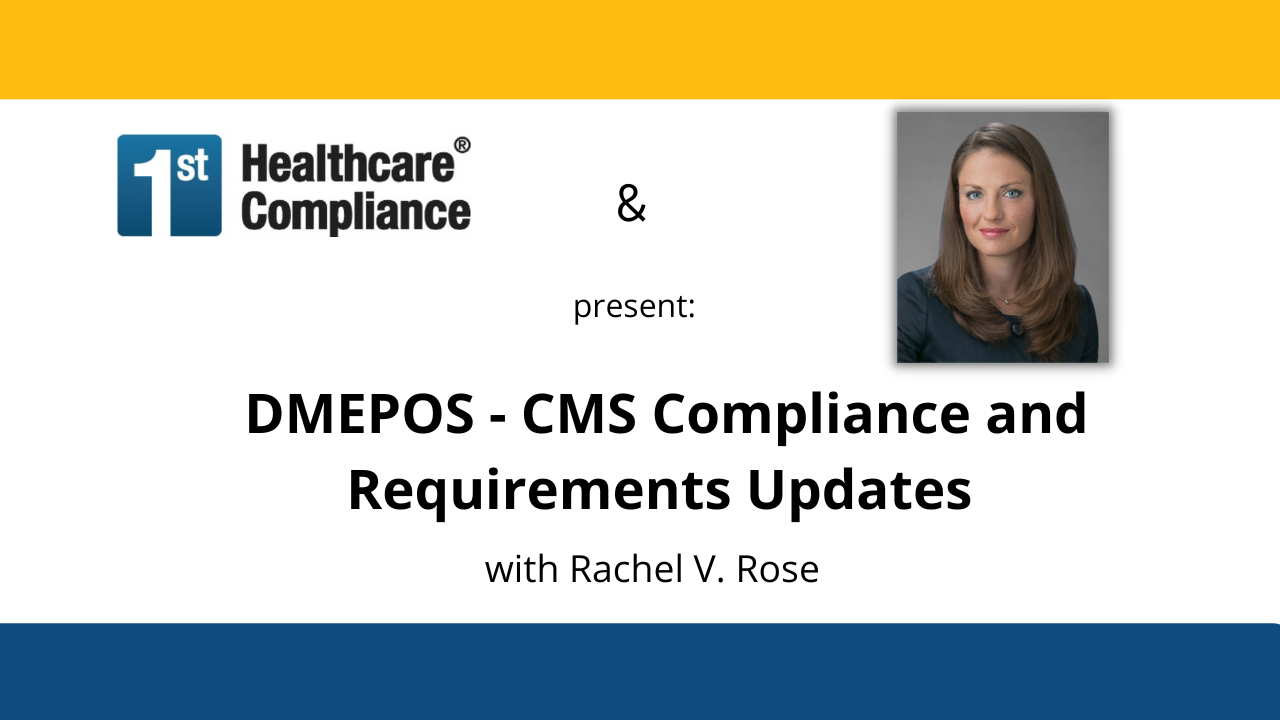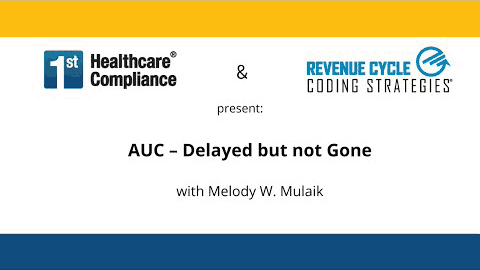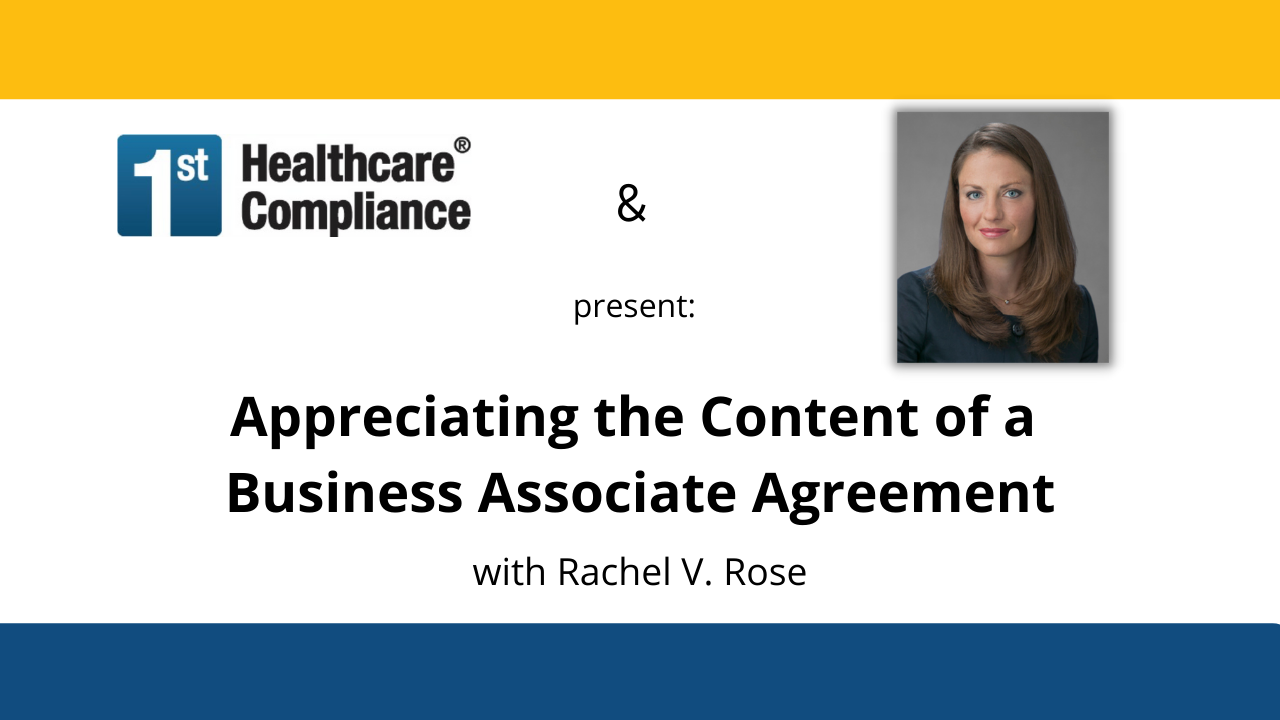
How to Prevent Employee Snooping and Insider Threats
Raymond Ribble is the CEO and Founder at SPHER, Inc. a market-leading compliance analytics, cyber-security solution addressing: HIPAA compliance, State Privacy Laws, and ePHI security threats and our presenter for this webinar. Snooping and Insider threats are exactly why user monitoring and ePHI access strategies are vital to the security of sensitive patient information and data protection. While it is an unsettling thought, not all cybersecurity incidents are traced from employee negligence. With so much attention and money surrounding cybersecurity in the healthcare industry, malicious employees may decide to purposefully disclose patient information. Since employees and contractors may have knowledge of your network setup, vulnerabilities, and access codes, snooping employees with malicious intent hold the key to exposing your organization to a series of unwanted risks and threats.

5 Advantages of Online Compliance Training
Healthcare compliance training ensures that all employees understand the laws, regulations and policies that govern their organization. Each organization has different policies they need to follow. The healthcare industry must be compliant with OSHA, HIPAA and fraud waste and abuse laws. Additionally, each organization sets specific standards and guidelines for their workforce.

DMEPOS – CMS Compliance and Requirements Updates
Rachel V. Rose, JD, MBA, principal with Rachel V. Rose – Attorney at Law, P.L.L.C., Houston, TX presents this very timely subject for us. Durable medical equipment, prosthetics, orthotics and supplies (DMEPOS) includes an "entity or individual, including a physician or a Part A provider, which sells or rents Part B covered items to Medicare beneficiaries." There are special payment rules associated with DMEPOS. DMEPOS products have to meet quality standards, DMEPOS suppliers need to be accepted by Medicare to participate (similar to providers), and are subject to fraud, waste, and abuse laws. The purpose of this webinar to provide an overview of participation and quality requirements, relay the latest compliance and requirements updates, and address False Claims Act cases involving DMEPOS companies.

AUC – Delayed but not Gone
Melody W. Mulaik, MSHS, FAHRA, CRA, RCC, RCC-IR, CPC, CPC-H is the President of Revenue Cycle Coding Strategies LLC and our esteemed presenter. 2022 was scheduled to be the the official implementation date for AUC/CDS implementation but the 2022 Proposed Rule threw everyone a little curve ball. While a delay might occur it does not change the direction of the program or the need to prepare and test. As providers continue to either prepare their own practices or bridge the gap with imaging facilities, it is important that everyone be on the same page throughout the CMS implementation and remaining testing period.

Appreciating the Content of a Business Associate Agreement
Rachel V. Rose, JD, MBA, principal with Rachel V. Rose – Attorney at Law, P.L.L.C., Houston, TX will be presenting with us. Business Associate Agreements (BAA) are not new; however, some individuals are new to healthcare and others never understood what a BAA is exactly. A BAA is a contract that fundamentally gives assurances that the parties are complying with the Security Rule and Privacy Rule, setting parameters in the event of a reportable security incident or a breach, and states how the sensitive data will be returned and destroyed at the end of the relationship. Some of the items in a BAA are required, while others are optional but common. This presentation not only seeks to dispel myths about why certain language is prevalent in nearly all BAAs, but also provides insight into other provisions, and items for consideration, in light of the 21st Century Cures Act.
